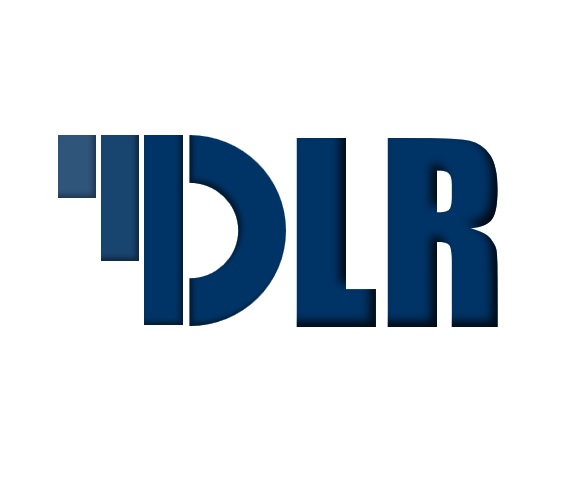Job Description:
• Assess the creditworthiness of SMEs or Individuals in applying for loans or credit by analysing financial statements, credit reports, and other relevant data.
• Evaluate the potential risks associated with extending credit to customers or counterparties, considering factors such as their payment history, financial stability, industry trends, and economic conditions.
• Develop and implement credit risk policies and procedures to ensure consistent and effective risk management practices across the organization.
• Develop or utilize credit scoring models to quantify credit risk and make informed lending decisions.
• Monitor and manage the organization's credit portfolio, including identifying emerging risks, assessing portfolio performance, and implementing strategies to mitigate risk.
• Ensure compliance with relevant regulations and guidelines governing credit risk management, such as Basel III requirements or local regulatory standards.
• Communicate credit risk assessments and recommendations to senior management, stakeholders, and relevant departments within the organization.
• Make credit decisions, including approving or rejecting credit applications, setting credit limits, and negotiating terms and conditions of credit agreements.
Requirements:
• A bachelor's degree in finance, economics or accounting
• 8-10 years’ experience in credit risk analysis, underwriting, or portfolio management is often required, with increasingly responsible roles demonstrating a progression of skills and knowledge.
• Strong analytical skills are essential for evaluating financial data, assessing risk factors, and developing effective risk management strategies.
• A solid understanding of financial principles, including accounting, financial statement analysis, and credit risk metrics, is necessary for success in this role.
• Familiarity with credit risk management concepts, methodologies, and best practices is essential, along with an understanding of regulatory requirements and industry standards.
• Effective communication skills are important for conveying complex information, presenting recommendations, and collaborating with cross-functional teams
• The ability to pay attention to detail is crucial for accurately assessing credit applications, identifying risk factors, and ensuring compliance with policies and regulations.
• Strong decision-making skills are needed to evaluate credit risk factors, weigh potential outcomes, and make informed lending decisions that align with the organization's risk appetite and objectives.
• Proficiency in relevant software tools and systems used for credit analysis, risk modeling, and portfolio management is often required.
• Demonstrate integrity and ethical conduct in their decision-making processes, ensuring fairness and transparency in credit evaluations and lending practices.
























